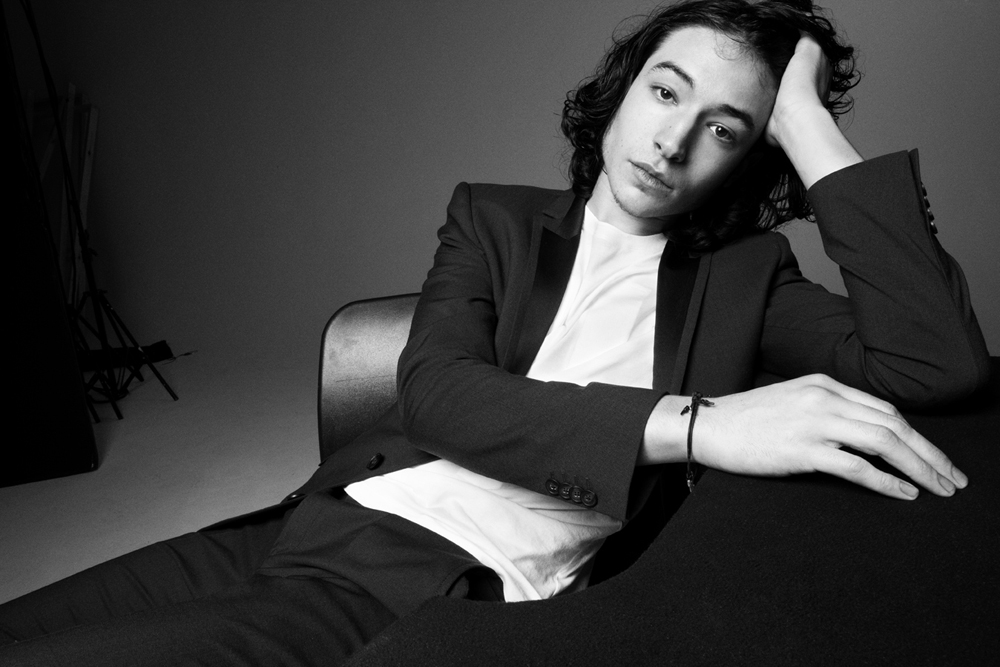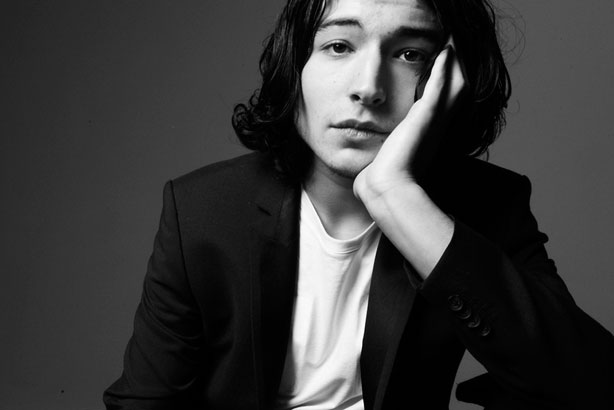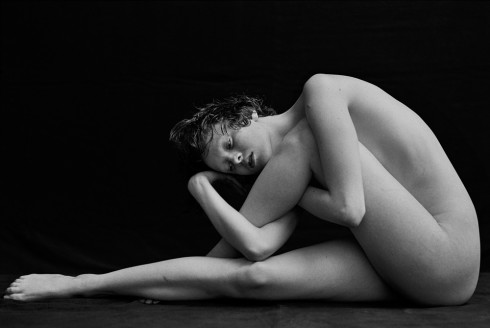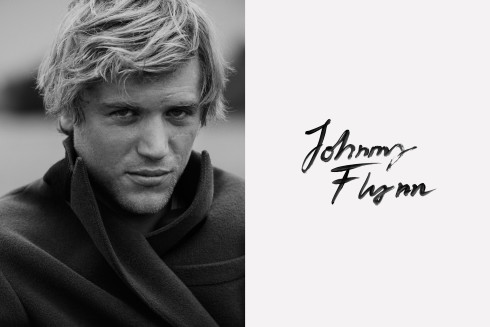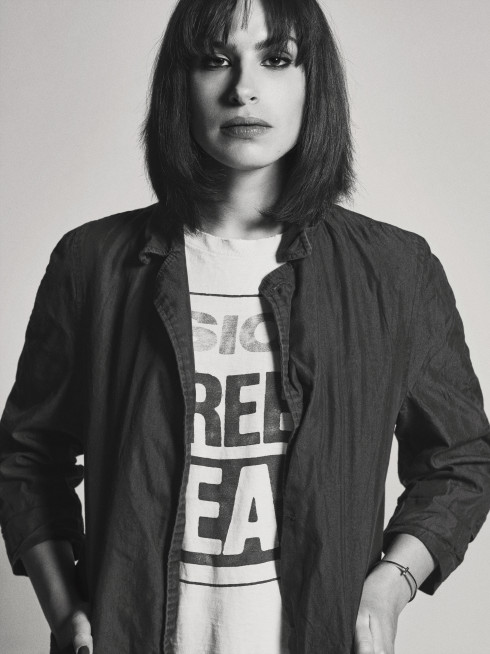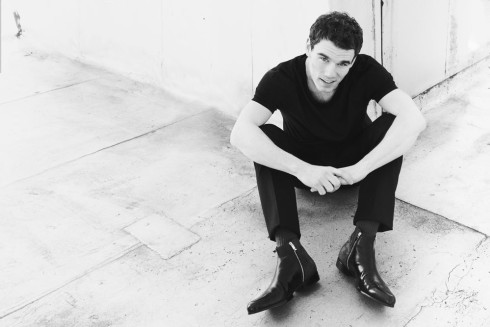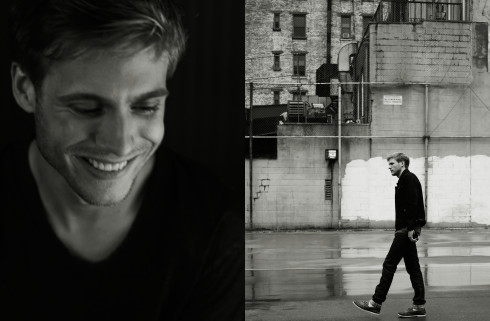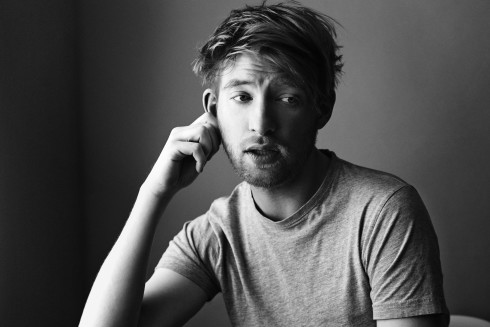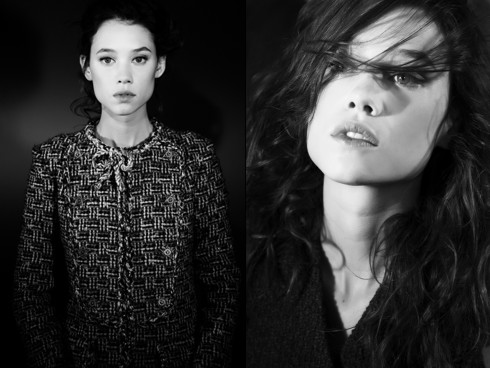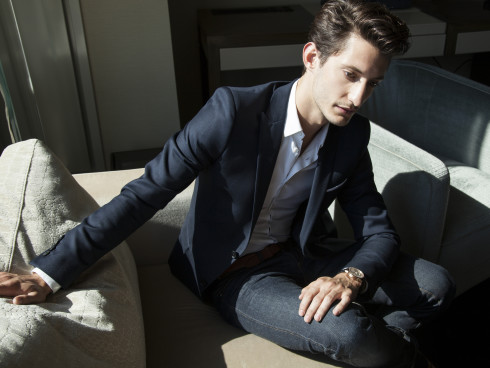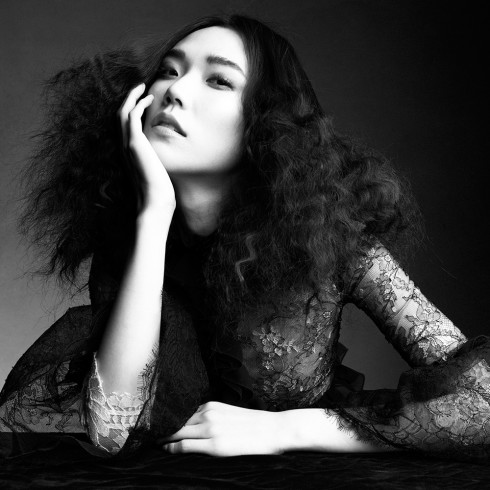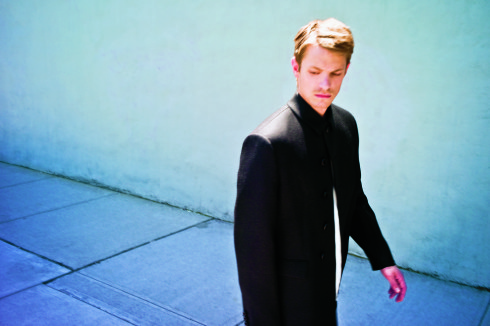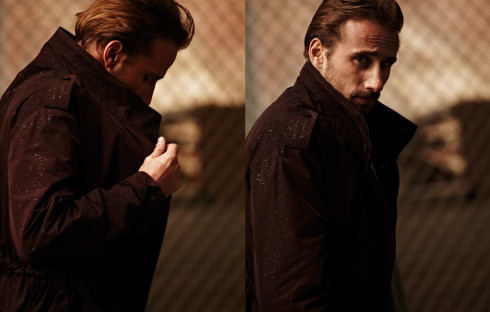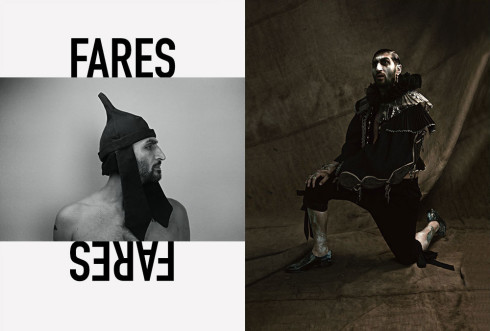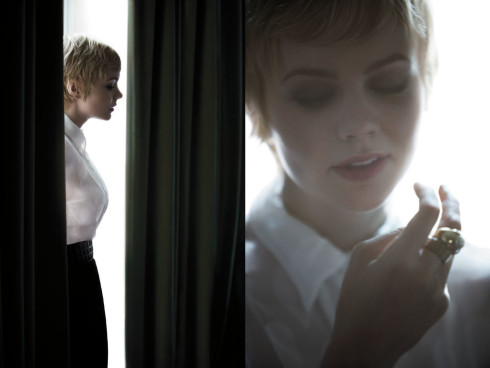- By
- Jonathan Shia
- Photography by
- Daniel Jackson
EZRA MILLER
In this article from the ninth issue, we spoke to Ezra Miller about his dark turn in We Need to Talk About Kevin, well before the talented young actor was cast in what could be a life-changing role as The Flash. Here, we learn about his process, his life, and his inspirations.
In the dark new film We Need to Talk About Kevin, the young actor Ezra Miller plays this year’s best argument for birth control. As Tilda Swinton’s son, Miller’s Kevin is obstinate and unmanageable, methodically tormenting his mother for her ambivalence towards him in increasingly perverse ways that culminate in a school shooting by bow and arrow. “The script was this incredible, beautiful amassment of millions of little symbols and sounds that viscerally directed the reader, and now I feel truly viscerally direct the viewer, in the experience of the main character Eva’s hindsight and her present emotional experience,” he says of the film. “To me, that was a great opportunity to be the most active propelling role in what is essentially a Greek tragedy viewed in hindsight. And to really develop a character that was set to ultimately self-destruct through his own impulsive quest for something that to this day I’m not entirely sure a human being can ever be denied, which is the love of a maternal guardian.”
Miller, who is nineteen, prepared intensely for the disturbing role, digging deep into the darkest parts of his psyche and throwing himself into Kevin’s agonized mind to an extent that affected him physically. “There was something I knew had to happen purely in the time preceding the shoot, which is that I wanted to find the discomfort and the responsive fetishization of that discomfort, the heartbroken aspect at the character’s core,” he says. “So starting when I was still auditioning for the project and really, three months before we shot, I wasn’t sleeping a lot, and I was trying to find, from my stomach outwards, the condition of a motherless child who sees his mother every day. The preparation really amounted to a lot of me, in the middle of the morning or night, in a dark room, alone, really churning myself inside-out and connecting to a type of pain and anger that I’ve never experienced in my life outside of Kevin, and I truly hope to never experience. It’s a resource we all contain as human beings that we just have to hope there’s never an instance in our life that necessitates its employment, because that resource is truly vast. There is an ocean of internal emotional violence that sort of spookily awaits every human being. So it was the generally unadvisable, but in this particular circumstance required, exploration of that well of fury.”
Unlike Kevin, Miller says that his mother, a modern dancer, has been a constant source of encouragement for him throughout his performing career, which began at age eight in the American première of Philip Glass’ opera White Raven. “When you meet my mother, there is a spirit or an energy that is very hard to describe, but intensely tangible, that she is moving in order to express herself,” he says. “It’s something very basic and very primordial to her being. And so even if the physical challenges one day prevent her from being able to throw herself against the ground, she’ll always be dancing. She’ll always be a dancer. That in and of it itself is a very inspiring and otherworldly idea.”
Miller found his way to Glass after developing a fixation with opera at the young age of six. “I have this intense clairvoyant memory of the whole thing, of that entire period, of performing at the State Theater,” he says of his début. “And it really left me with this fierce determination and an age-inappropriate amount of confidence.” He sang with the Metropolitan Opera Children’s Chorus afterwards under the legendarily fastidious Elena Doria until his voice cracked at eleven and he was asked to leave. “That was a heartbreaking experience,” he recalls. “But it was a beautiful thing in the end because that heartbreak and that rejection left me at ground zero of finding something else to do on the grand scale that I had tasted as such a young child, but that drive and ambition remained.”
Miller says he then turned his passion to the theater, first acting in school productions and then in a concert performance of Elizabeth Swados’ musical Runaways, which led to representation and, shortly thereafter, his film début in Antonio Campos’ Afterschool. “When I was cast in my first film, that forum of expression felt even more fulfilling, truly grounded in a sort of reality that I was just coming to comprehend, coming into conscious existence being fourteen years old, and it was a lot like falling in love,” he says of the filming experience, which he calls—given his participation in both a fight scene and a sex scene—a “be-all, end-all crash course in film acting.”
Choosing Afterschool, in which his character Robert is witness to the violent deaths of a pair of classmates at his boarding school, as a first film was a bold move—the movie is emotionally wrenching and morally complex—but Miller says that is exactly what drew him to the script. “It was a very, very harshly realistic look at a very specific aspect of the modern teenage condition that I had just started to experience,” he recalls. “And naturally when you start to experience that contradiction between the natural realities of coming-of-age and the bizarre media overload of our age, it’s a shameful, unspoken thing. I was sort of struggling with that as I was first entering high school and trying to coalesce the various aspects of myself into a functional identity, and to read that script, and to find this protagonist who is at the most heightened extreme of that struggle, it was really gratifying and shocking and exciting and simultaneously disturbing and comforting to me.”
Miller followed up Afterschool with a series of lauded independent films, including last year’s Beware the Gonzo and Another Happy Day. Apart from We Need to Talk About Kevin, Miller is also sure to have a mainstream hit this year in the screen adaptation of the young adult novel The Perks of Being a Wallflower alongside fellow youthful talents Emma Watson and Logan Lerman. Meanwhile, he spent January settling into his apartment in Chelsea—which he moved into months ago but has had little opportunity to spend time in—and playing a pair of local shows with his folk-tinged band Sons of an Illustrious Father.
And then there is always the continuing education of an autodidact who dropped out of school at sixteen. “I do feel the reality that many sort of condescendingly forewarned me of, which is that the curious mind in the modern human can expire and can tire and can run out of fuel, and so it’s becoming my ultimate objective to keep reigniting that particular fire, because it’s kind of the only thing I live for at this point,” he says. “I think it’s a dangerous aspect of our culture that we are encouraged to settle for anything less than the life-or-death need to comprehend and appreciate our surroundings in ever-renewable ways.” To that end, Miller says he has recently been engrossed in reading The Tao of Physics: An Exploration of the Parallels Between Modern Physics and Eastern Mysticism and following the search for the God particle. “There’s something very interesting in our quest to find an essential particle that constitutes reality, leading us to smaller and smaller particles, so we keep spending more and more money on larger and larger accelerators to fire on smaller and smaller particles, to continually discover that there is one below whatever our realm of vision is,” he laughs. “That’s some lofty bullshit I’ve been investigating.”
For Miller, all these varying interests, the Puccini operas and the Kubrick films and the particle physics, are necessary components for the eventual expression of his creativity. “I find influence or inspiration to be a strange Willy Wonka-type machine, where you can never know what is entering the machine, but you know certainly that it’s a slew of various things and all you can ever really experience is what emerges,” he says. “It’s the machine where a million things enter and then just one tiny marble comes out. And sometimes I look at that marble and I’ll see an amalgamation of various influences, but can never quite pin it down, and can never quite know it. So when I try to describe specific sources of inspiration, it always feels kind of false. It always feels like I’m just summoning up names of artists and specific influences that fall into some sort of sensible framework of what my art is. And that’s rarely an actual representation of the truth, which is that as much influence may be drawn from Patti Smith as might be drawn from just seeing an argument on the street or being constantly surrounded by the endless onslaught of noise and lights that exist in the city, or escaping that onslaught to the quiet of nature.” He continues, “How can you credit nature as an inspiration? It seems all very egotistical because really the only thing I can hold any claim to anyway is that marble, and I’m not even sure that is mine, because what are its composing factors of the million things that are not mine? I’m not Willy Wonka and I didn’t build that machine.”
And Miller, ever-omnivorous, ever-inspired, recognizes that it is his almost primal need for performing that requires exactly that full immersion in everything and anything. “Art is peril,” he explains. “Art is immensely dangerous and often raises these requisites of self-destruction, and so many people have flung themselves into the fire of artistic creation like moths and really let it consume them entirely. There’s some distinct commonality between art, sex, and death, in which you escape the confines of your constructed persona and thus meet the infinite, surrender yourself to what is unknown, unseen, and unspoken, which will inevitably consume you. And I think there’s something about being an artist that requires taking a certain look at that flame that you eventually are going to plummet into, and accepting that happily to be your fate.”
- By
- Jonathan Shia
- Photography by
- Daniel Jackson
